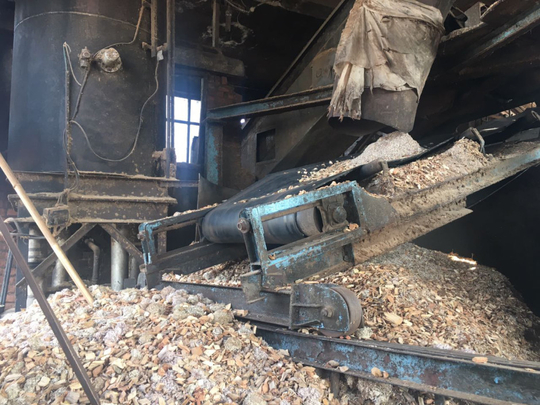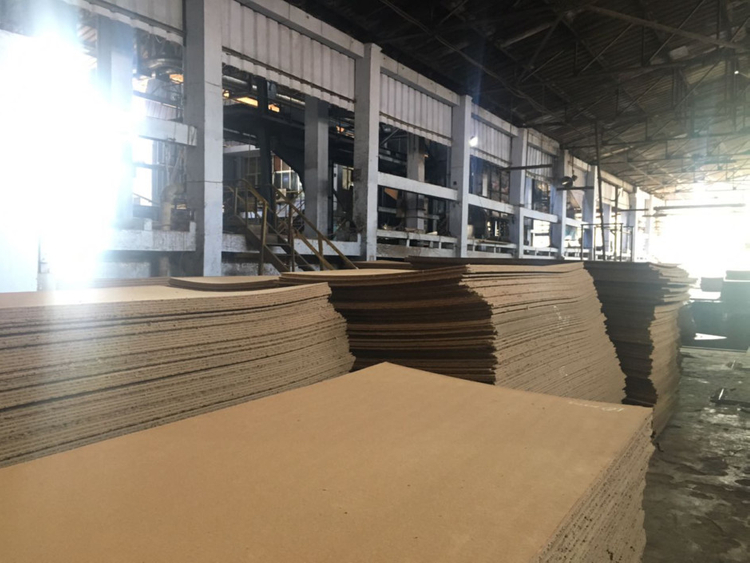
Dubai: India’s invalid currency notes are now on their way to Dubai and may end up in your living room as a piece of furniture or a photo frame.
P.K. Mayan Mohammad, owner of a company that is currently recycling the demonetised currency notes of 500 and 1,000 denomination, can tell you how.
His firm, Western India Plywoods in Kannur district of the south Indian state of Kerala, was chosen by the Reserve Bank of India to recycle the demonetised notes that are being returned to the RBI as pieces of paper with no value.
According to Indian media, a whopping 22 billion currency notes of Rs500 and Rs1,000 denomination were in circulation in India as of March 31 and all these will have to be safely disposed of after the ban.
Speaking to Gulf News during his Dubai trip this week, Mohammad said 30 to 40 per cent of the hardboard and fibreboard products made by recycling the scrapped bills are being exported through Dubai.
“We are exporting the fibreboards to various countries in Europe, Africa and also to Australia. Products to Egypt and African countries like Ethiopia, Somalia, Djibouti, Kenya and Tanzania are re-exported via Dubai’s Jebel Ali port.”
At least 25 containers a month are estimated to be exported via Dubai. Some 10 per cent of these export quality products are bought by local furniture manufacturing units as well.
The shredded Indian rupees.
Mohammed said the market for the recycled products in Dubai was developed by M.K. Riaz, managing director of Percept Trading Company in Sharjah.
The locally imported boards are used for making furniture such as wardrobes, shelves, drawer bottoms, photo frames and mirror frame backing and for making partitions.
“You never know if it will end up in your living room or not,” Mohammad said, laughing.
Explaining how it all started, he said RBI’s regional office in Thiruvananthapuram had inquired about his firm’s capability to recycle currency notes a couple of weeks before the government made the announcement of the demonetisation of the two denominations.
According to Mohammad, the RBI had approached him on October 20. However, he said he had no inkling of a demonetisation move at that time. “I thought they had decided to recycle the soiled notes instead of burning them. I, too, got to know about the demonetisation plan only when the prime minister announced it.”
In fact, he said, his factory had started the trials in recycling currency notes even before they were declared defunct. “One or two truckloads came before the announcement of demonetisation. But the initial trials using normal recycling methods were a failure as we were not able to pulp the shredded notes properly.”
Then the company made use of the thermomechanical pulping method. “We are the only facility with this technology [in India]. It uses high electrical energy, steam pressure and temperature.”
The firm started using the pulp of the invalid notes as one of the raw materials that are mixed with wood pulp for making hardboard and fibreboard.
Once that became a success, RBI asked the company to lift more truckloads of shredded notes, within a week.
“Since last month, RBI has been selling briquettes of banned notes that are shredded for a charge of Rs250 (Dh13.58) per metric tonne. We have been picking up almost 60 tonnes of shredded notes a week,” said Mohammad.









